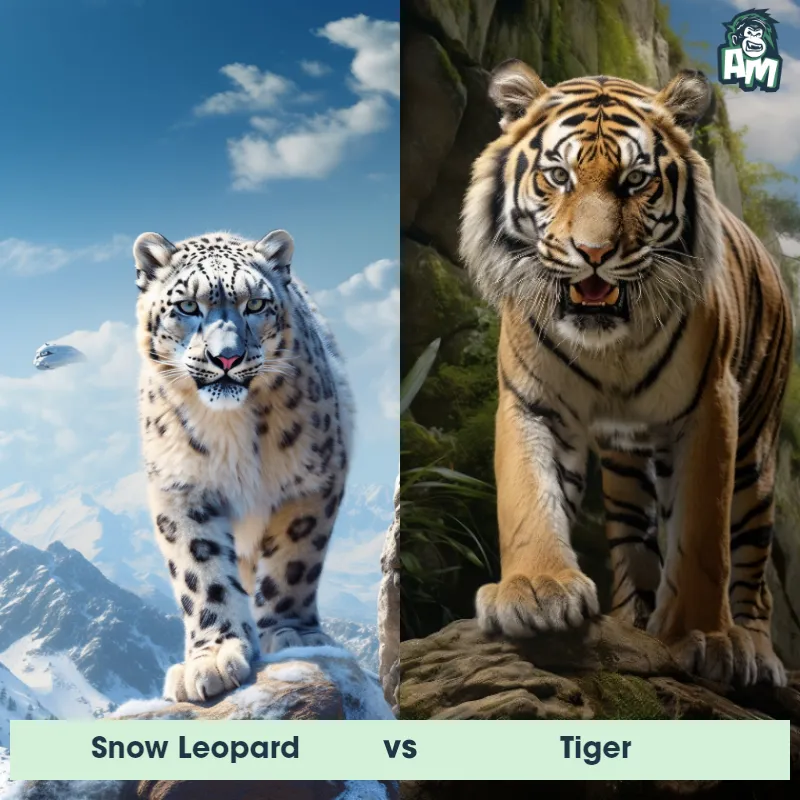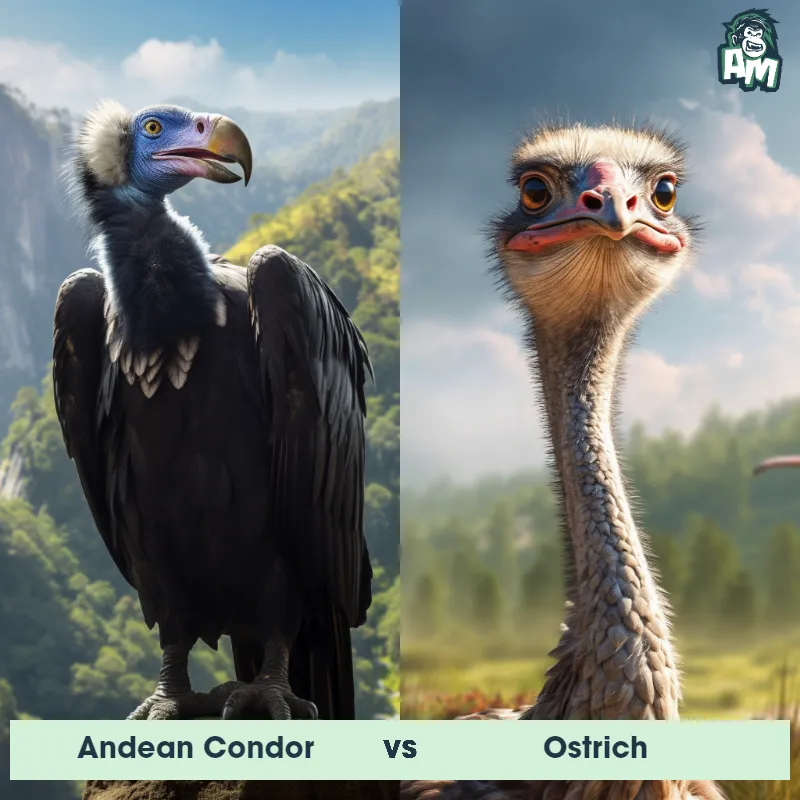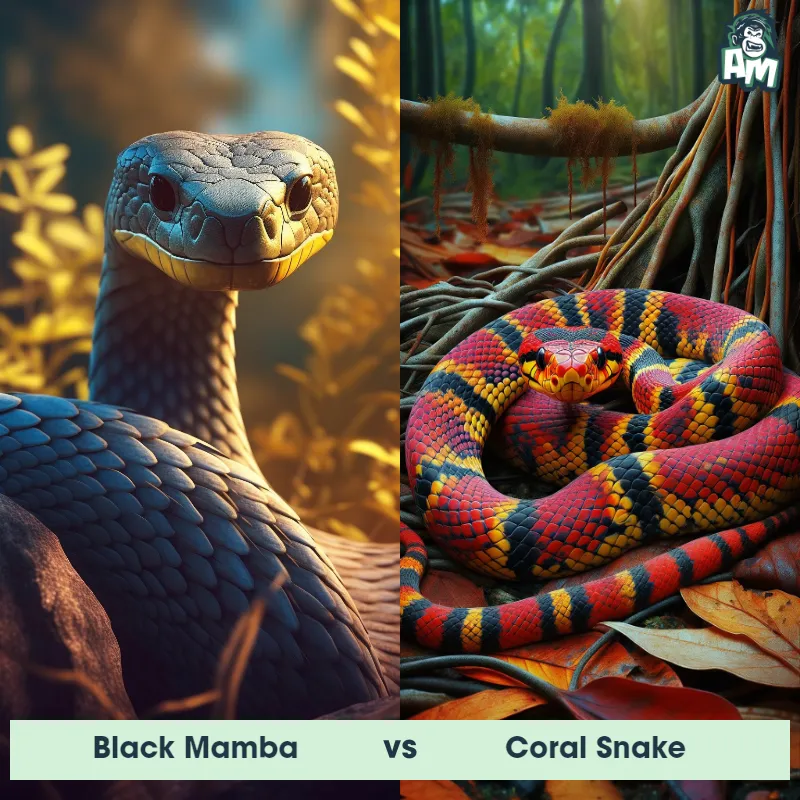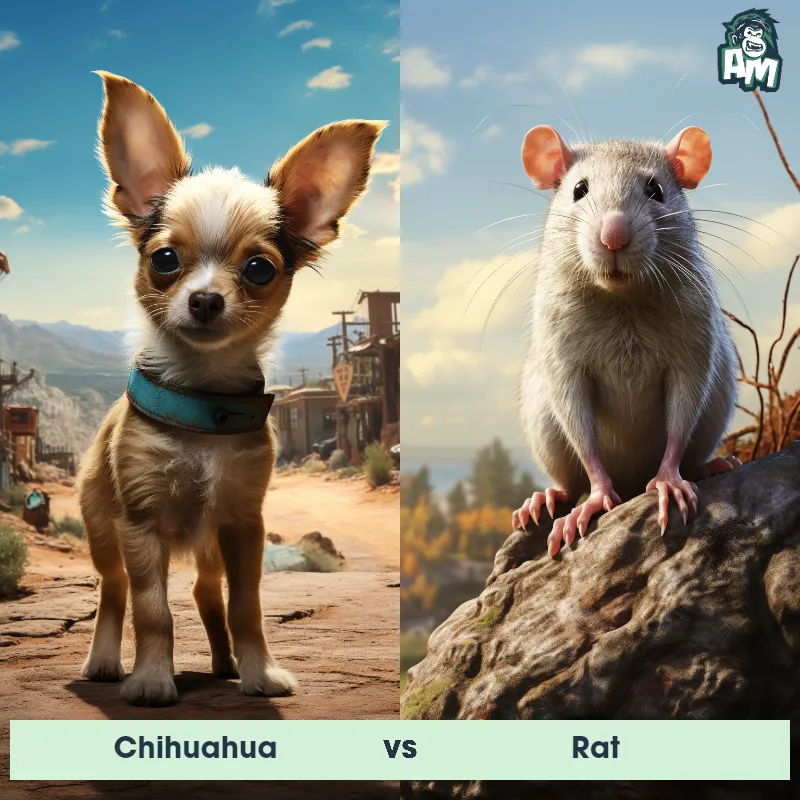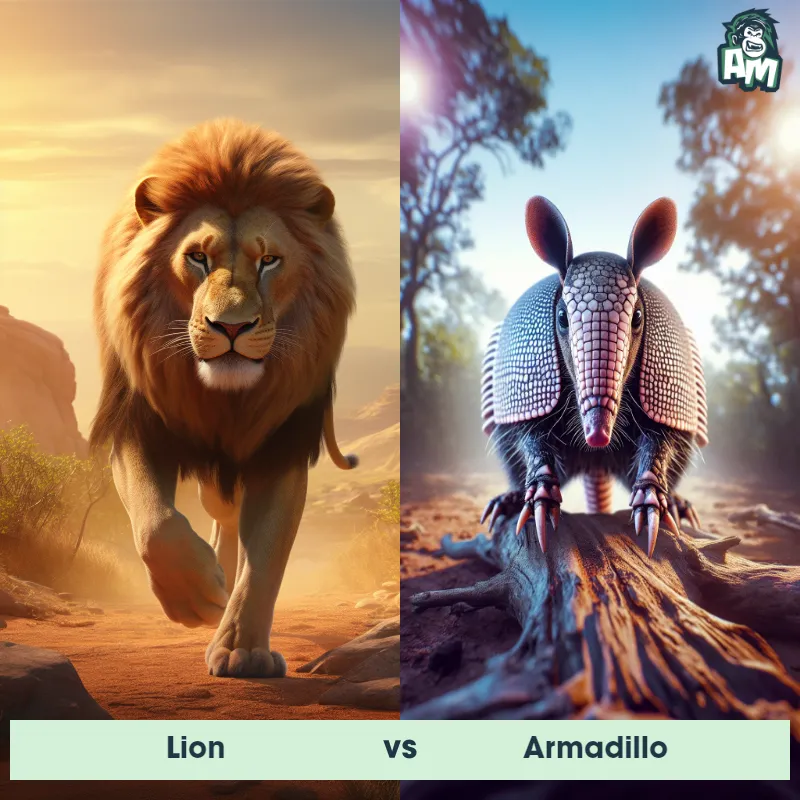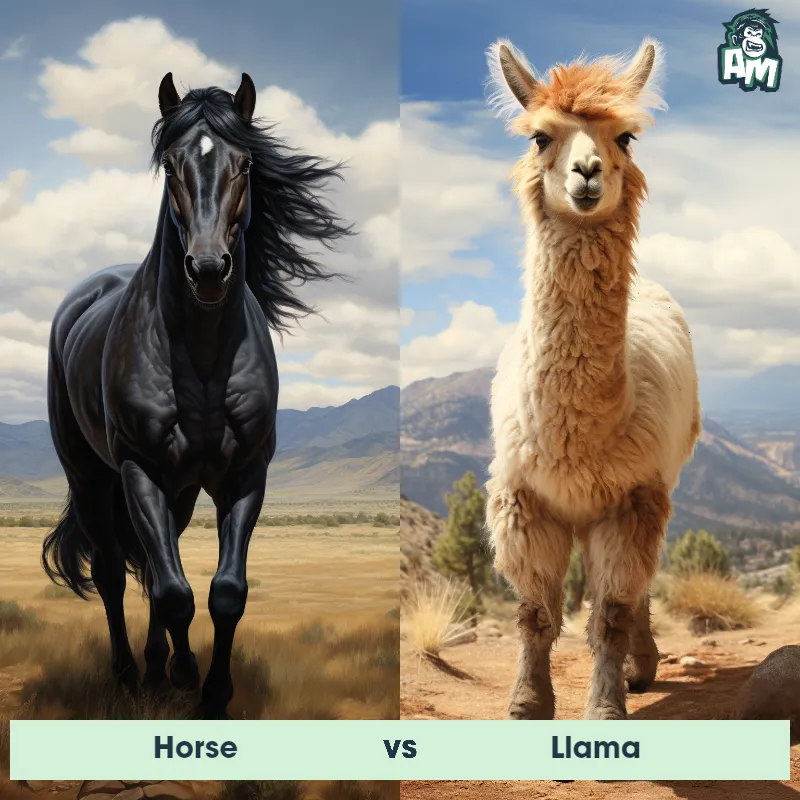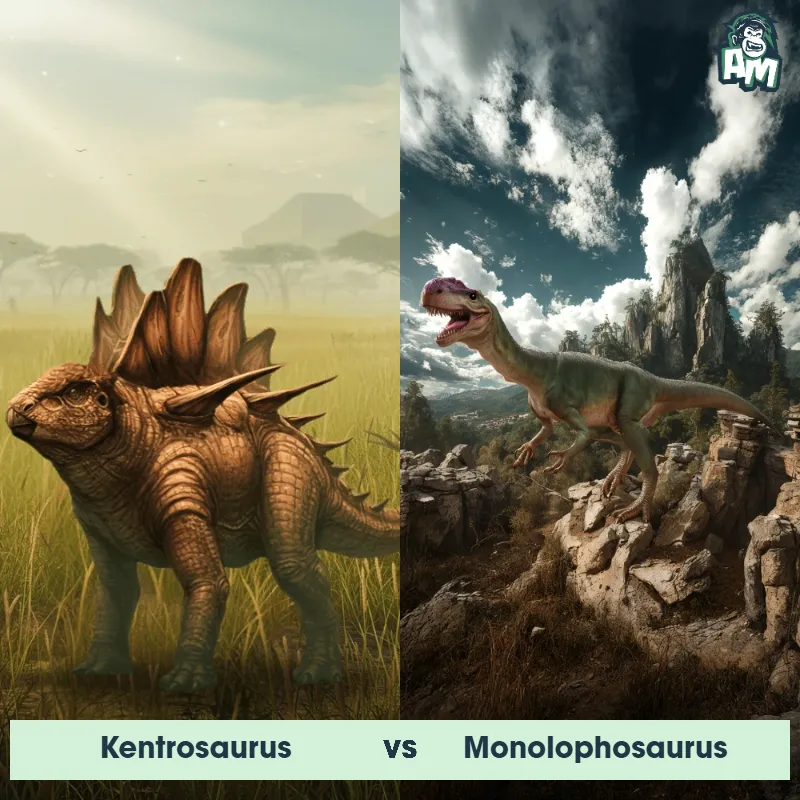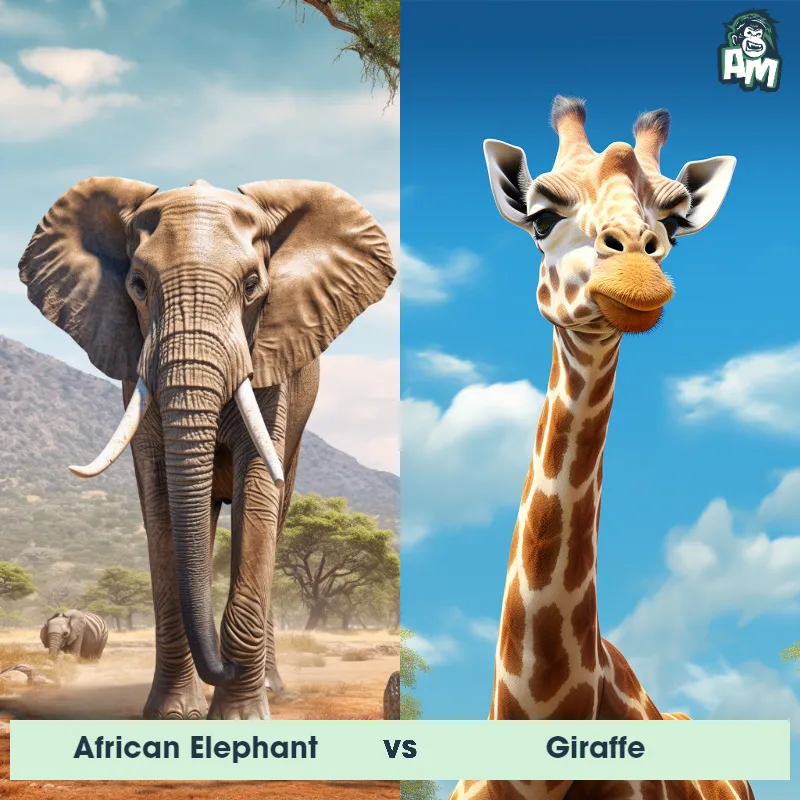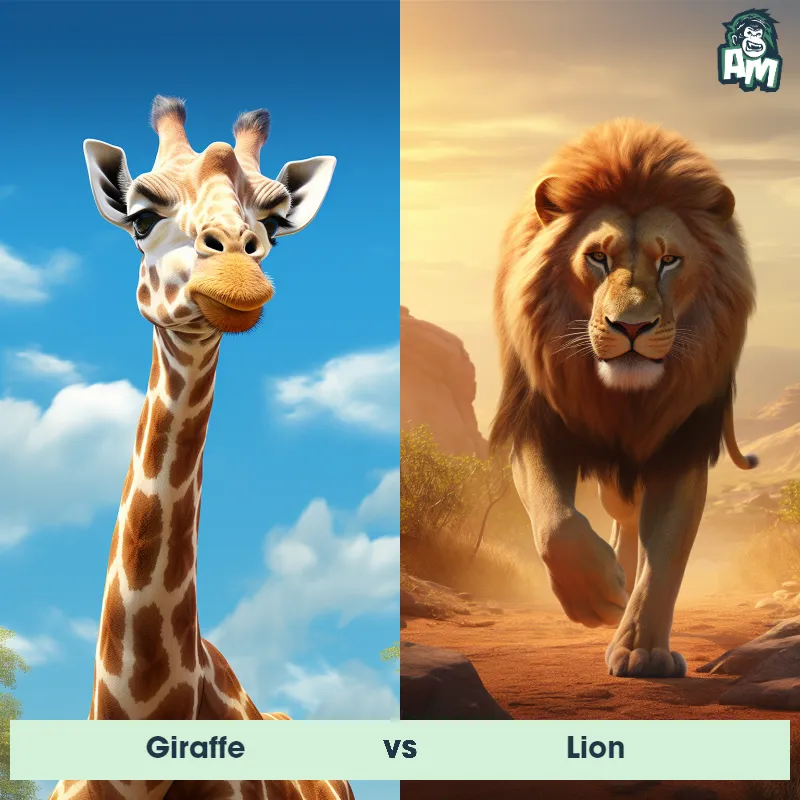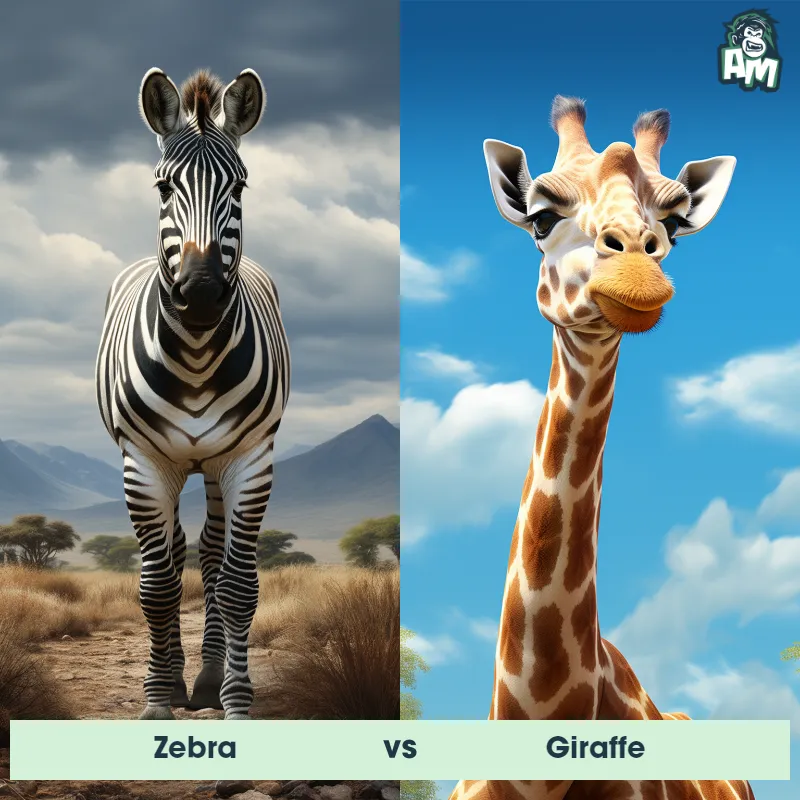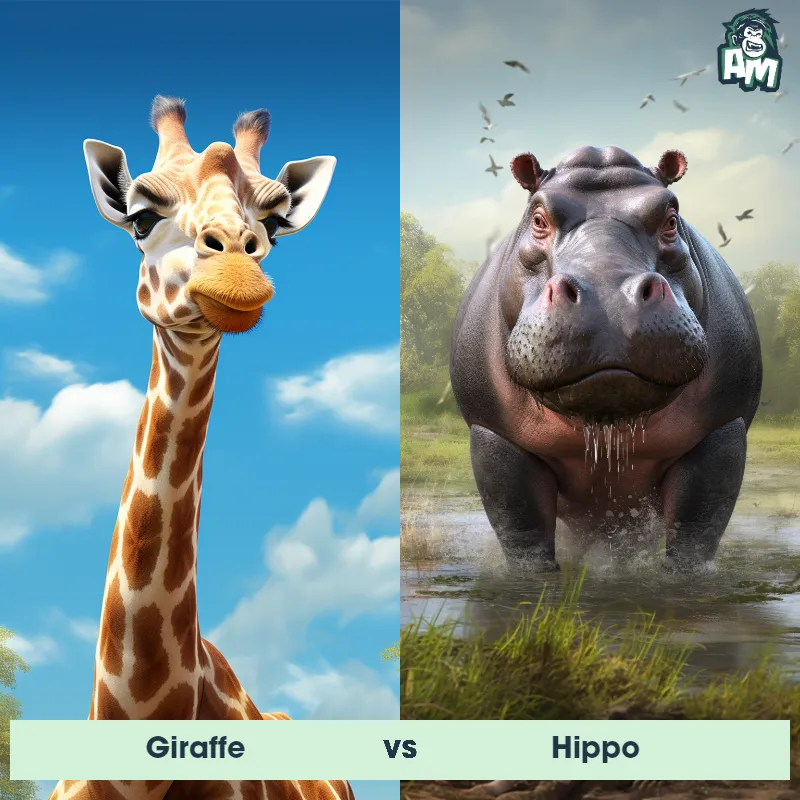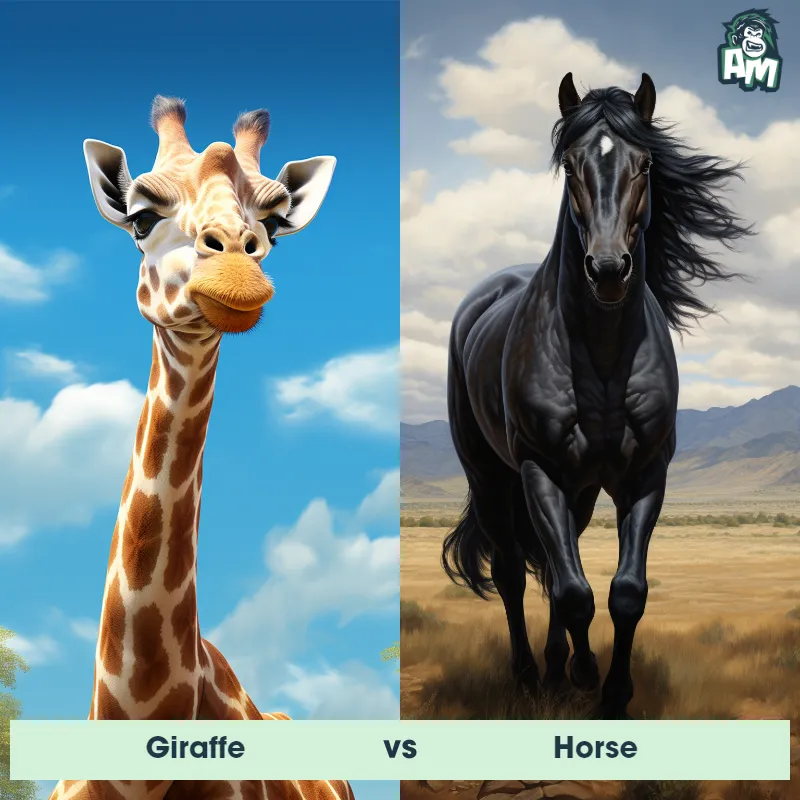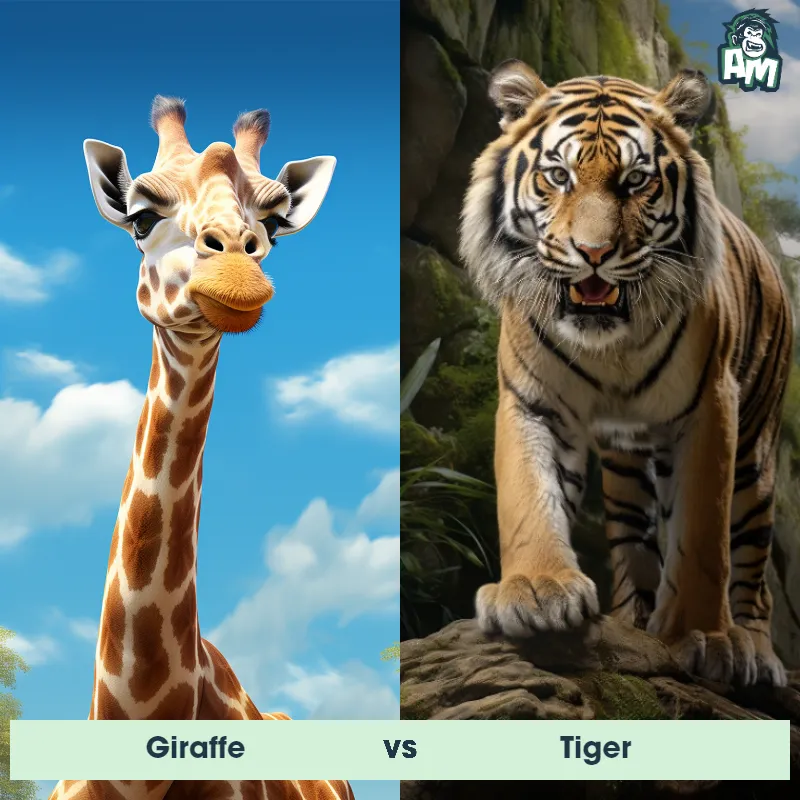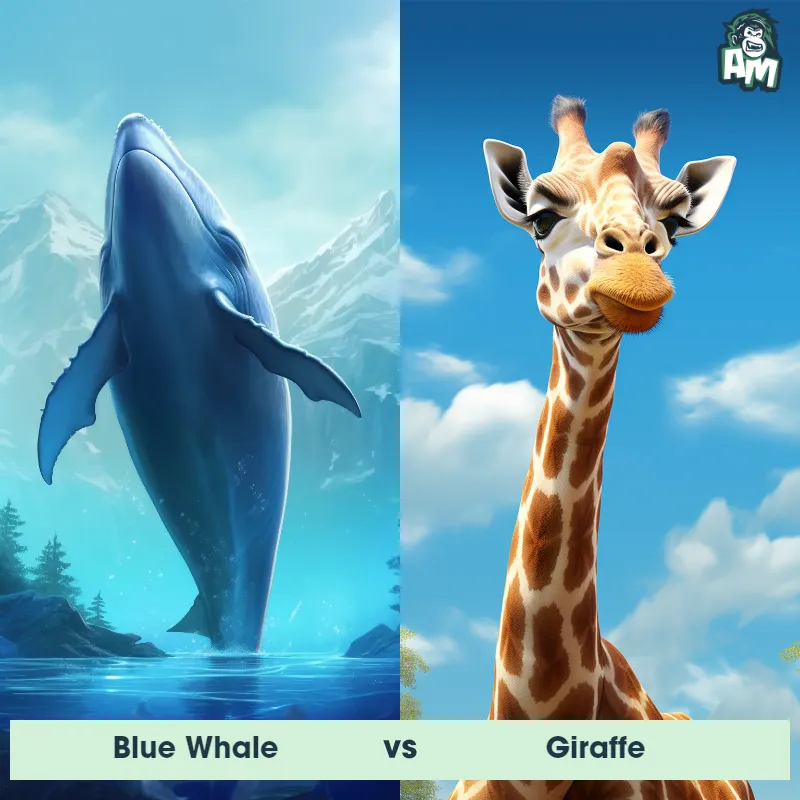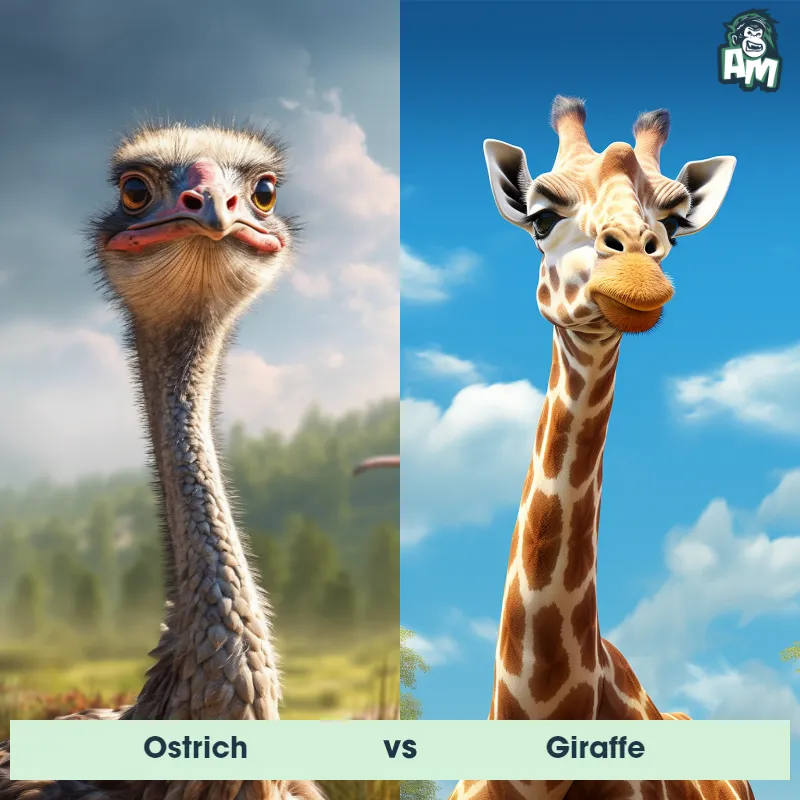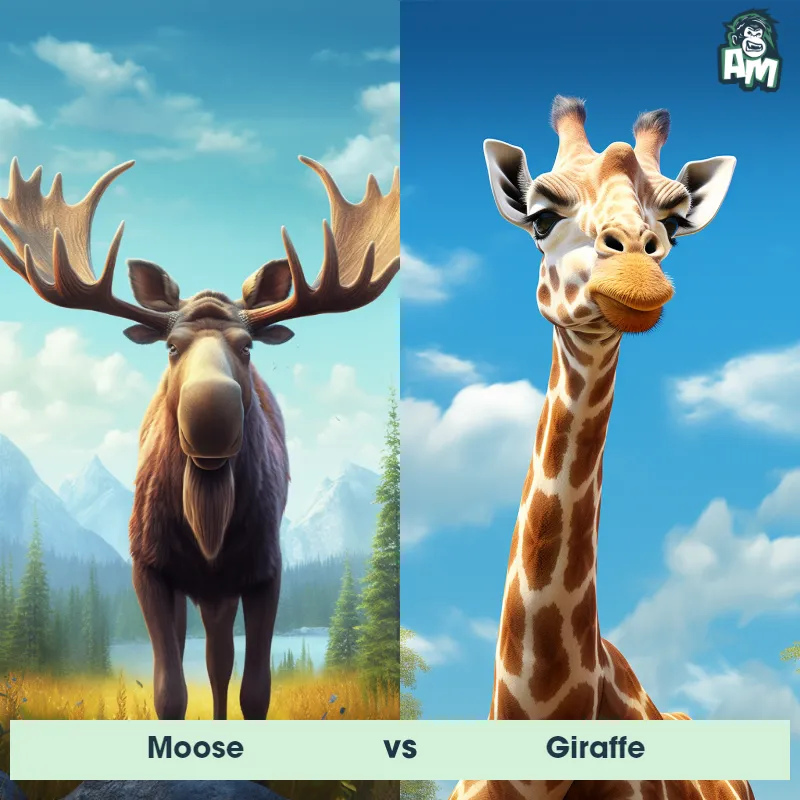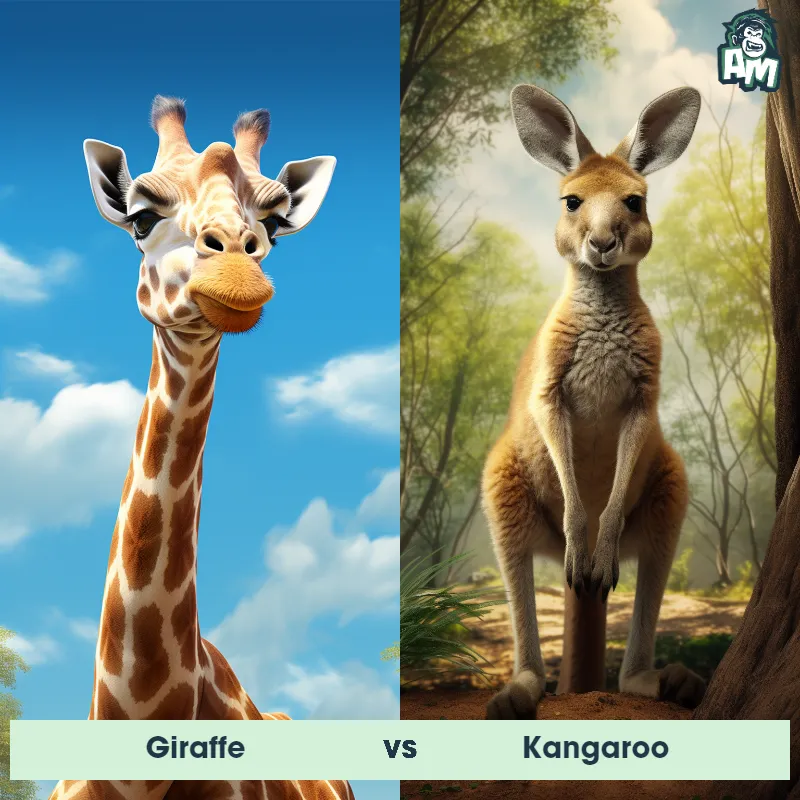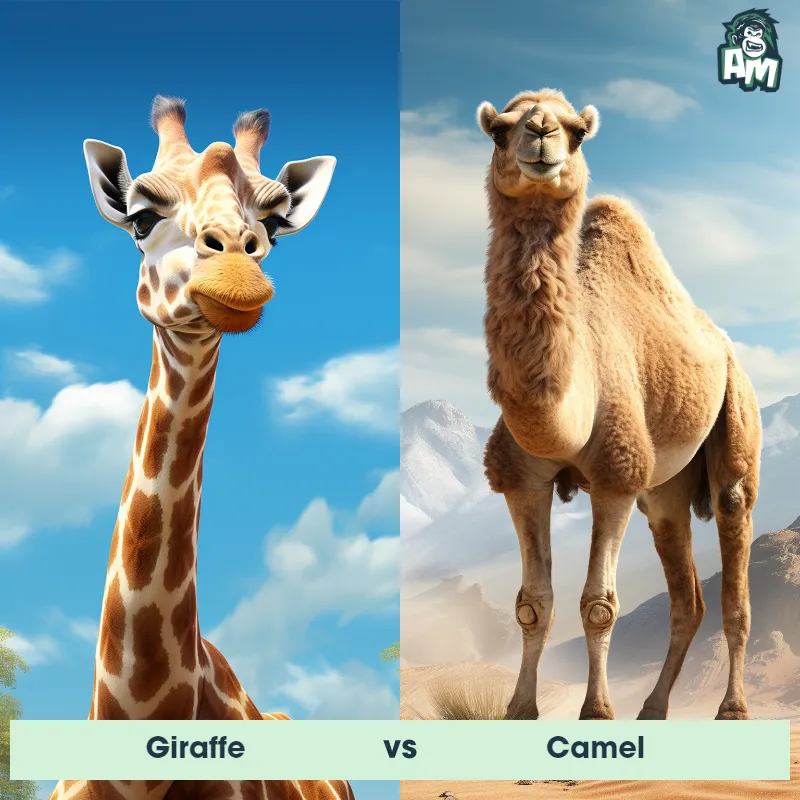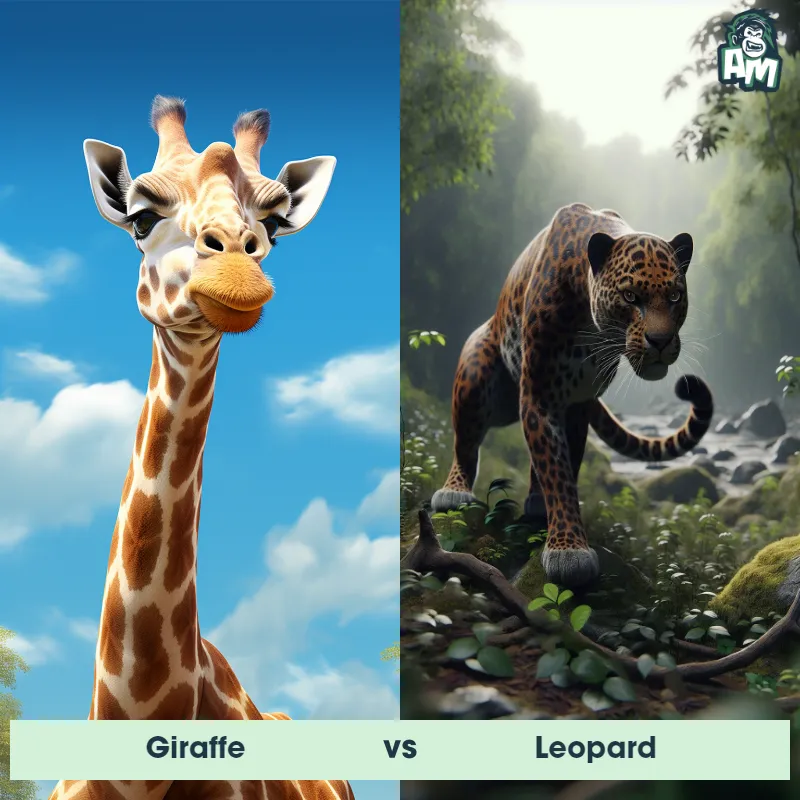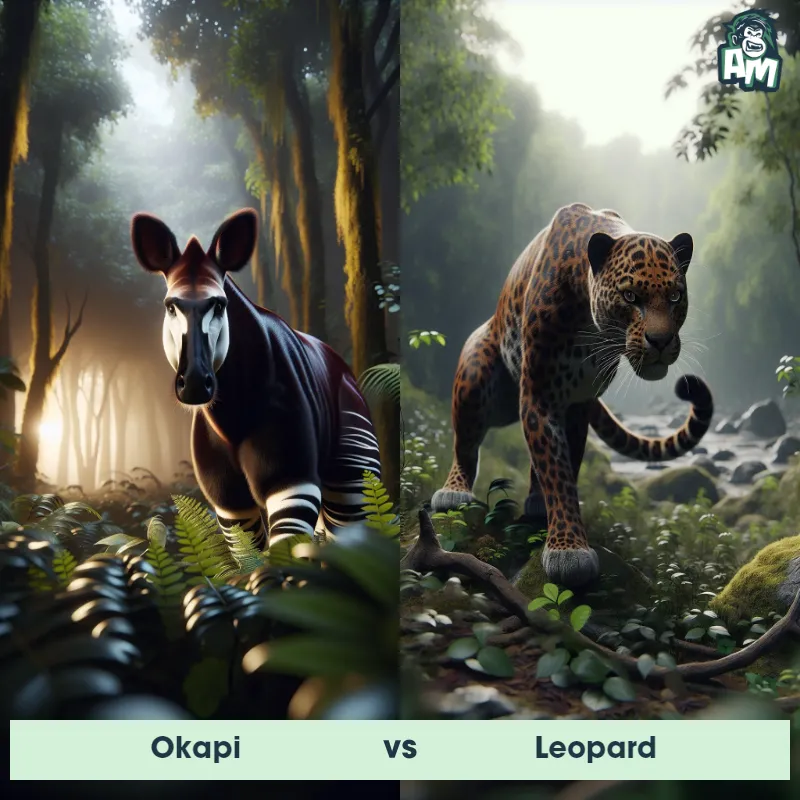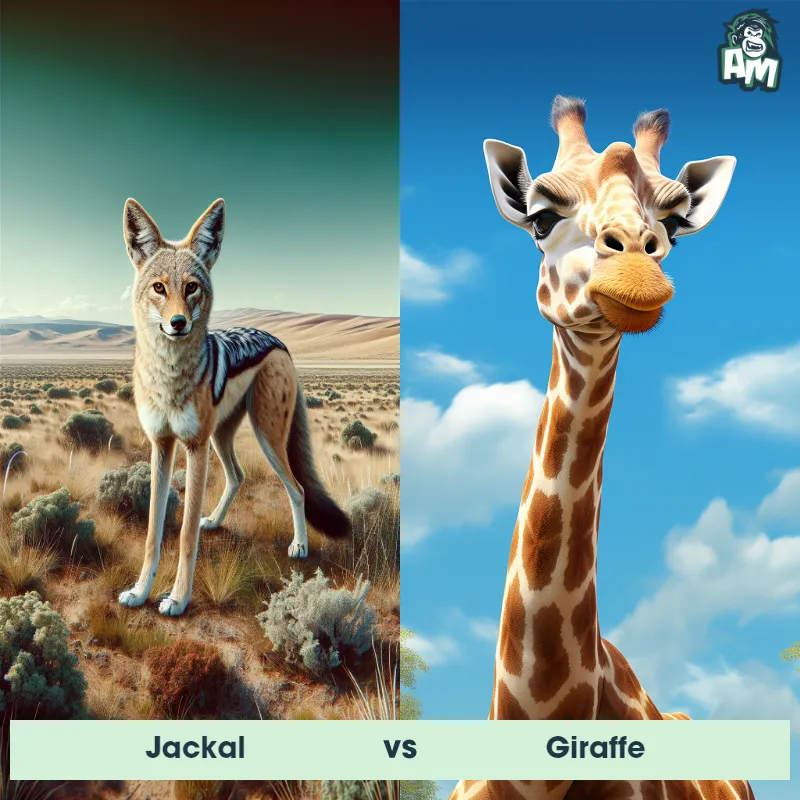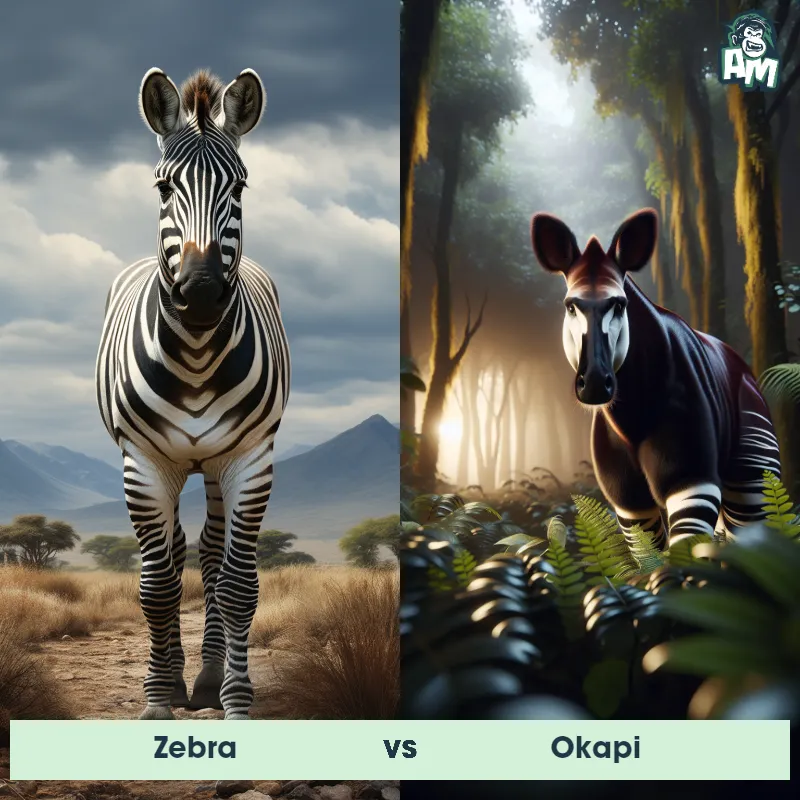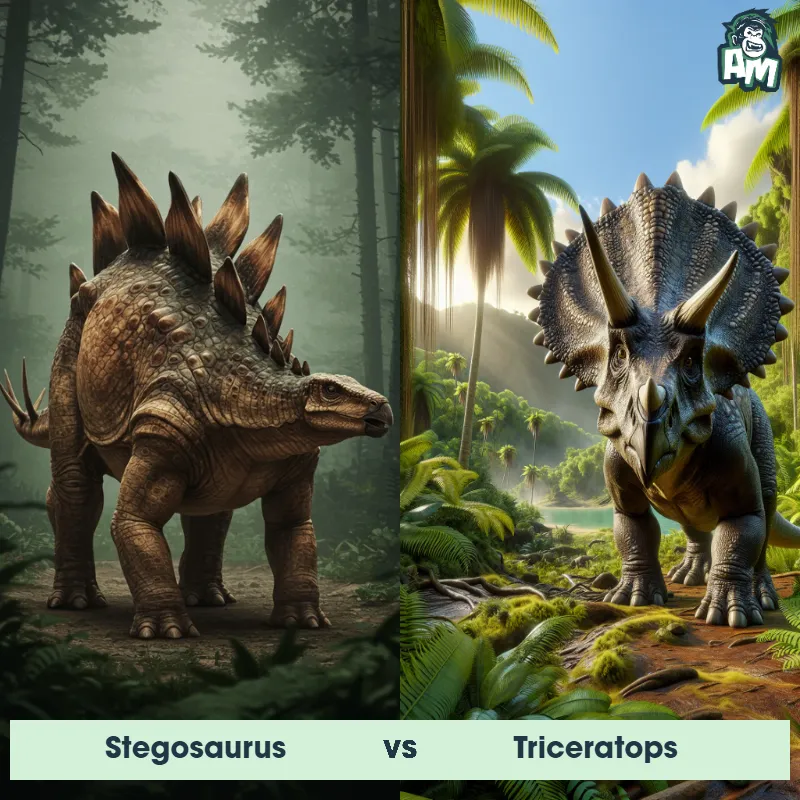Triceratops vs GiraffeSee Who Wins

In one corner we have the formidable Triceratops, a prehistoric powerhouse with its massive horns and sturdy frill, ready to rattle the arena. In the opposite corner stands the elegant Giraffe, towering with its long neck and nimble legs, poised with agility and height advantage. This clash of the titans promises an unforgettable showdown!
Contender 1: Triceratops
Triceratops, commonly known as the three-horned dinosaur, was a herbivorous dinosaur that roamed North America during the late Cretaceous Period. It was characterized by its massive size, with the largest individuals reaching up to 30 feet in length and weighing over 10 tons. Its most distinctive feature was the three horns on its face – one on the snout and two above the eyes. Additionally, it had a large bony frill at the back of its head, which may have been used for display or defense.
Fun Fact: The horns of Triceratops were made of keratin, the same material found in our hair and nails, rather than bone.
Contender 2: Giraffe
The giraffe is a majestic, long-necked mammal known for its exceptional height, which makes it the tallest land animal in the world. Adult giraffes can reach heights of up to 18 feet. Their unique appearance is characterized by a patterned coat with patches varying in color from orange and brown to lighter hues. Giraffes have long legs, a sloping back, and a small hump on their shoulders. They are native to Africa, primarily found in savannahs and woodlands, where they graze on leaves, fruits, and flowers.
Fun Fact: Despite their long necks, giraffes have the same number of neck vertebrae as humans, which is seven. Each vertebra can be up to 10 inches long.
Matchup Stats
| Triceratops | Giraffe | |
|---|---|---|
| Size | Up to 30 feet (9.1 meters) | Up to 18 feet tall (5.5 meters) |
| Weight | Over 10 tons (9,071 kilograms) | Up to 2,800 pounds (1,270 kilograms) |
| Speed | 15-20 mph (24-32 km/h) | 35mph (56km/h) |
| Key Strength | Horns for defense | Powerful kicks with their long legs |
| Biggest Weakness | Mobility due to size | Vulnerable when bending down to drink water |
Current Votes
Triceratops vs Giraffe
See Who Wins
View More Matches
Looking For More?
Similar Matches
Scientific Stats
| Triceratops | Giraffe | |
|---|---|---|
| Scientific Name | Triceratops | Giraffa camelopardalis |
| Family | Ceratopsidae | Giraffidae |
| Habitat | Land | Savannahs, grasslands, and open woodlands |
| Geography | North America | Africa |
| Diet | Herbivorous | Herbivorous, primarily leaves, fruits, and flowers |
| Lifespan | 26 years - 30 years | 20 years - 25 years |
Key Differences between Triceratops and Giraffe
- Body Shape: Triceratops had a wide, barrel-shaped body, while Giraffes have a more narrow, elongated body.
- Tail: Triceratops had a short, sturdy tail, whereas Giraffes have long, thin tails ending in a tuft of hair.
- Size: Triceratops was significantly larger, reaching lengths of up to 30 feet, whereas Giraffes are generally about 16 to 20 feet tall.
- Neck: Triceratops had a short and thick neck, whereas Giraffes have long, slender necks that can reach lengths of 6 feet.
- Horns: Triceratops had three distinct facial horns, while Giraffes have ossicones, which are small, skin-covered protrusions on the top of their heads.
- Color: Triceratops likely had brownish or greenish scaly skin, whereas Giraffes have a distinctive coat pattern of irregular brown patches on a light tan background.



